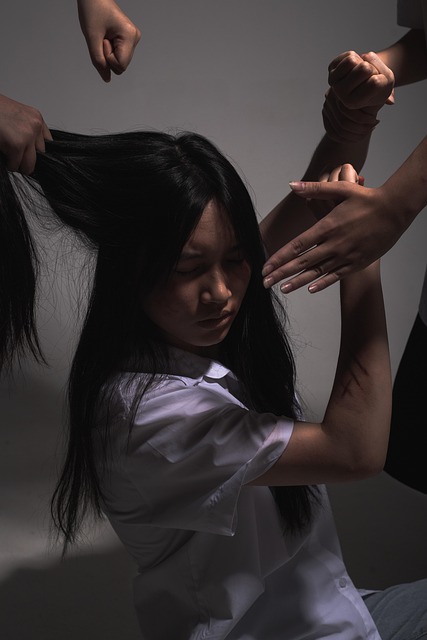Teen Challenge programs can become environments conducive to abuse, with red flags including isolating behaviors, control tactics, and disregard for physical/mental well-being. If suspected Teen Challenge Abuse is occurring, reach out to trusted sources outside the program. Support networks, online forums, and local support groups offer safe spaces, belonging, and resources for healing. Therapy, support groups, and counseling services empower survivors to navigate their healing journey effectively.
“Teen Challenge Abuse: Overcoming and Healing After Trauma
Many individuals have found themselves caught in a cycle of abuse within Teen Challenge programs, experiencing emotional, physical, or psychological harm. This article aims to guide survivors towards resources and support for their journey to healing. By recognizing the red flags of Teen Challenge abuse, understanding its impact, and accessing appropriate therapy, counseling, and support groups, survivors can reclaim their lives and build a resilient future.”
- Understanding Teen Challenge Abuse: Recognizing Red Flags
- Support Networks: Finding Safety and Community for Survivors
- Healing Resources: Therapy, Counseling, and Support Groups
Understanding Teen Challenge Abuse: Recognizing Red Flags

Understanding Teen Challenge Abuse: Recognizing Red Flags
Teen Challenge programs, often claiming to offer spiritual and character development, can unfortunately be environments where abuse flourishes. It’s crucial for survivors and those who care about them to recognize the signs of potential harm. Look out for isolating behaviors, where participants are cut off from external communication and social support, fostering a sense of dependence on program leaders. Control and manipulation tactics, such as guilt trips, fear-based teachings, or excessive punishment, should raise serious red flags.
Additionally, consistent disregard for physical and mental well-being is indicative. This includes forced labor, inadequate access to healthcare, and emotional or physical abuse disguised as “discipline.” Survivors may also exhibit changes in behavior, such as increased anxiety, aggression, or withdrawal, which could be signs of trauma. If you suspect someone is experiencing Teen Challenge Abuse, it’s important to reach out for help from trusted sources outside the program.
Support Networks: Finding Safety and Community for Survivors

Support networks play a pivotal role in the healing journey of Teen Challenge abuse survivors. Finding safe spaces and communities can significantly aid individuals who have experienced trauma within such programs. Many organizations and support groups specifically cater to teen challenge survivors, offering a sense of belonging and understanding. These networks provide a platform for sharing experiences, fostering peer-to-peer support, and encouraging open dialogue about the challenges faced during and after participation in these intensive programs.
Online forums and local support groups offer accessible resources where individuals can connect anonymously if preferred. These platforms facilitate the exchange of information about available services, legal aid, therapy options, and accommodation for those transitioning out of the teen challenge environment. Building a supportive community is essential to helping survivors heal, regain their sense of self, and rebuild their lives free from the echoes of abuse.
Healing Resources: Therapy, Counseling, and Support Groups

Healing from Teen Challenge abuse can be a complex journey, but there are numerous resources available to support survivors. Therapy plays a pivotal role in this process as it provides a safe space for individuals to process their experiences and emotions. Trained therapists offer specialized care tailored to address the unique challenges faced by Teen Challenge abuse survivors, helping them work through trauma, rebuild self-esteem, and develop healthy coping mechanisms.
Support groups are another powerful tool. These groups offer camaraderie and understanding among peers who have shared similar experiences, fostering a sense of belonging and validation. Whether in-person or online, support groups provide a platform for open discussions, share coping strategies, and offer encouragement as individuals navigate their healing journey. Counseling services complement these efforts by offering individualized guidance and tools to process trauma and foster personal growth.
Surviving Teen Challenge abuse is a courageous journey towards healing and recovery. Understanding the red flags and recognizing the signs of abuse is the first step. With access to the right support networks, survivors can find safety and forge connections within their communities. The article has highlighted various resources, from therapy and counseling to support groups, which play pivotal roles in the healing process. By leveraging these resources, Teen Challenge abuse survivors can navigate their path to recovery, rebuilding their lives with resilience and hope.
